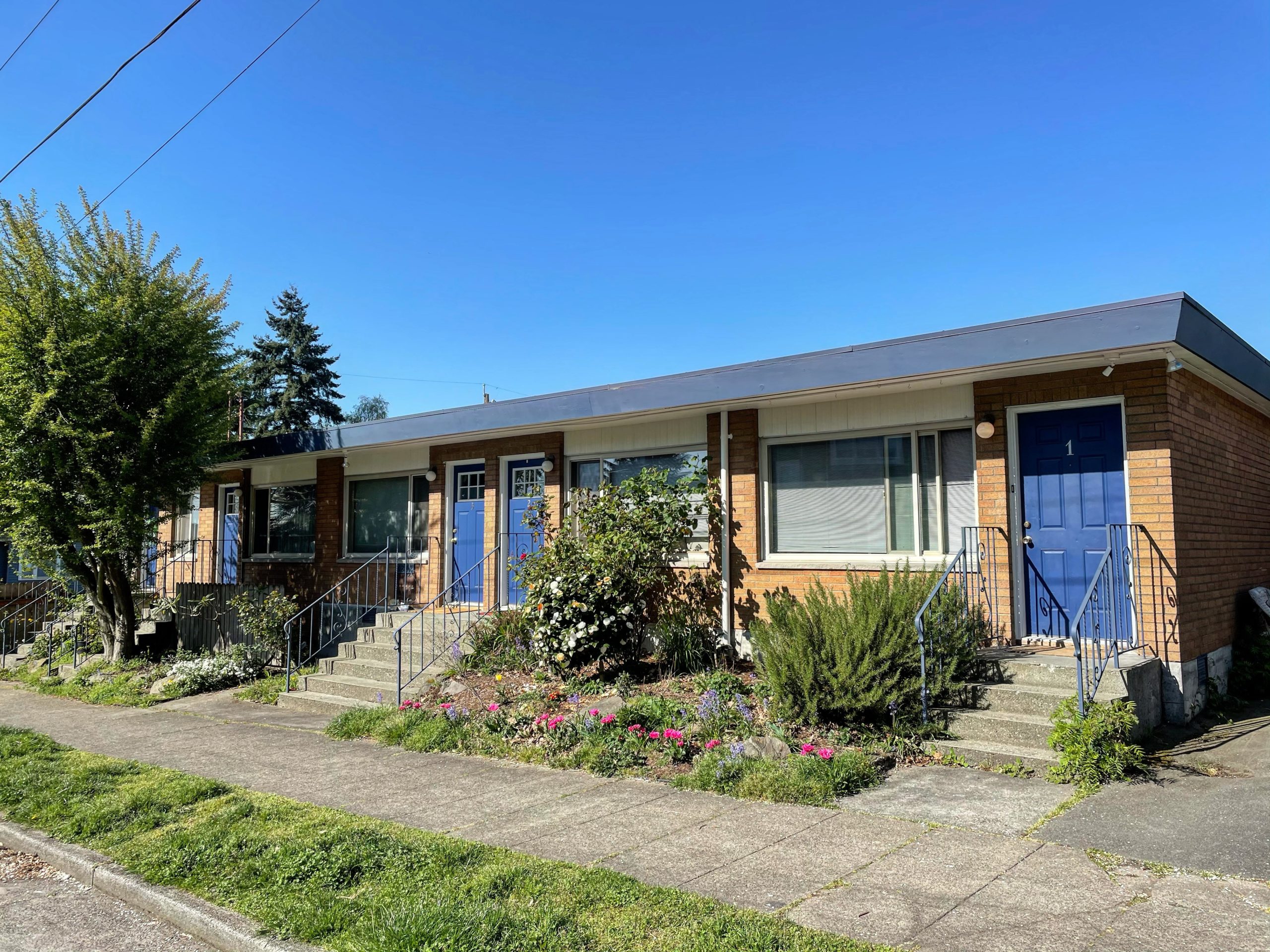This article is part of the series Legalizing Inexpensive Housing
Pro-housing state lawmakers hoping to ease Washington’s dire housing shortage tried something new this year: the offer of a financial incentive to cities if they opt to allow more homes by loosening their zoning laws. Cities embraced the approach, in stark contrast to their typical hostility to any state bills that would mandate zoning reforms.
Legislators considered three bills with variations on the incentive theme and, though there was broad stakeholder support and little opposition, failed to pass any of them. They did pass a vital slate of bills for tenant protections and subsidies, which we celebrate. But those fixes by themselves will never be enough if cities are free to retain zoning that walls out all but the rich.
No city alone can fix a regional housing shortage
Local resistance to allowing more homes is a tragedy of the commons. For each individual city, the political downside of loosening zoning laws almost always outweighs the upside. But when every city in a growing region stubbornly locks away most of its land for detached houses on big lots, the whole region suffers. Rents and prices go up for everyone, inflicting the most harm on those with the least. And the planetary commons gets trashed too, as sprawl turbocharges climate pollution by forcing people to drive everywhere.
State lawmakers are responsible for their state as a commons too, a responsibility that justifies intervention on local zoning. However, across the United States, most states that need to intervene—the ones with booming, housing-squeezed metros—have so far mostly failed, or haven’t even bothered to try. (Notable exceptions are Oregon’s legalization of fourplexes and California’s ADU reform.)
The main reason for stymied state action? The widely held gut instinct that land use decisions are best made locally. City leaders balk at giving up control, and sympathetic state legislators back them up. Meanwhile, the growing numbers of people who can’t find homes they can afford face tragedies all too real.
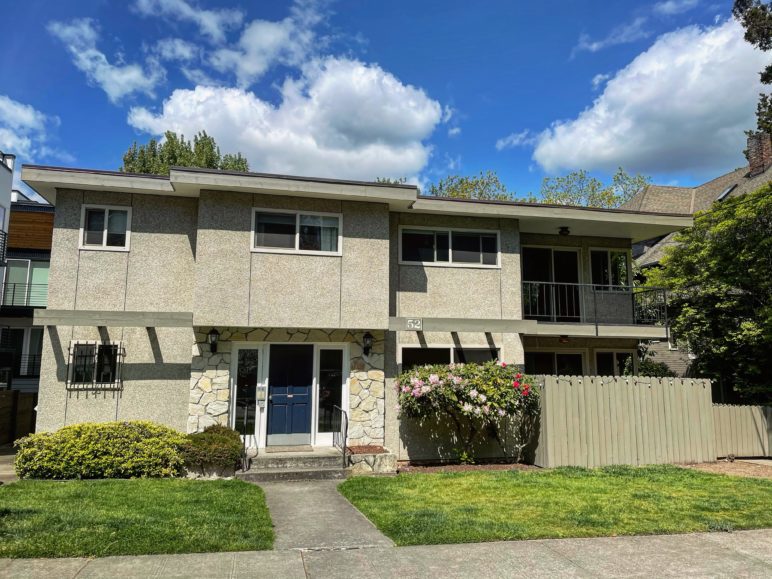
Cities enjoy carrots
What if a state could offer cities an incentive to invert the local political equation and create a race to the top for abundant housing? Well, that “carrot” approach is exactly what a handful of progressive Washington legislators proposed this year, with three bills that would have granted modest financial incentives to cities if they adopted state standards on zoning reforms to allow more homes.
The good news: the “winning over the cities” part worked.
The bad news: none of the bills passed.
It should surprise no one that local governments prefer a carrot to a stick. Plus, each of the three Washington bills permitted cities to freely decide not to adopt the reforms and forgo the state’s incentive—nothing gained, nothing lost.
The carrot approach removed a formidable political obstacle that routinely eviscerated housing abundance bills in the two prior Washington legislative sessions. City leaders called off their lobbyists. There was little to no opposition left.
Still, all three bills died.
City buy-in helps, but it’s still up to the legislators
Why did the Washington state legislature fall short of passing measures to alleviate the state’s shortage of homes despite strong champions in the House and Senate and overwhelming stakeholder support? Part of it was simply capacity: in a year when housing—long a grinding crisis—became a four-alarm emergency during the pandemic, lawmakers were preoccupied with passing a slew of urgent housing bills to strengthen tenant protections and boost funding for affordable housing (Sightline article forthcoming).
…when every city in a growing region stubbornly locks away most of their land for detached houses on big lots, the whole region suffers. Rents and prices go up for everyone, inflicting the most harm on those with the least.

But the fundamental problem is a lack of unity in the Democratic caucus, which controls both houses in Washington state. There’s a growing contingent of policymakers who see state-level leadership as a necessary antidote to a patchwork of inadequate city-level responses that are obviously failing to address the compounding crises of high rents and home prices, sprawl and pollution, homelessness and poverty. Others, however, are dragging their feet.
To be fair, the bills introduced a brand new incentive concept that legislators had never considered before, and their positions spanned the spectrum. Some apparently felt that the bills still violated the sanctity of local control, while others thought cities shouldn’t receive a financial reward for doing what they should be doing anyway.
Even thornier: Could the carrot approach end up deepening segregation? The wealthier the city, the less it would care about a modest financial incentive. And if rich cities tended to opt out and keep their restrictive zoning, the most exclusionary places would stay that way. Conversely, if poorer communities tended to opt in, they would end up bearing the brunt of regional redevelopment pressure, which can be especially threatening to low-income neighborhoods where residents are at high risk for displacement.
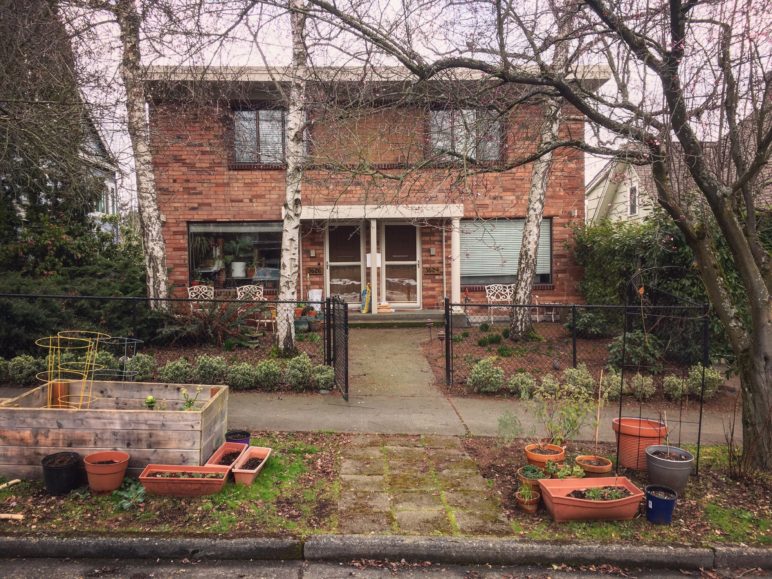
A both/and solution: mandate plus incentive
The three Washington bills demonstrate that carrots can clear the logjam caused by city opposition. But the tradeoff with those bills is a policy less effective than a mandate. In addition to the potential for upholding or even exacerbating exclusion, the allowance for cites to decide if and when they’ll opt in delays adoption of the zoning changes needed now to bring more homes to more Washingtonians.
The path at the other end of the policy spectrum is to stand firm and fight for zoning reform by a clean and simple statewide mandate. After all, if Oregon could legalize fourplexes without any incentive for local governments, why can’t Washington? But that path will require state lawmakers to ignore the inevitable opposition from local leaders—simple in concept, though not simple politically.
I submit that there’s a hybrid path that could be the best of both worlds: mandate reforms and grant cities state funds tied to the number of new homes produced as a result of those reforms. The form of a hybrid like this could vary, and I won’t attempt to define the details here. But we can consider the general pros and cons.
From a pure policy perspective, a mandate is ideal because it ensures all cities make effective zoning reforms right away. A performance-based incentive is ideal in a different way—it prods cities to find ways of getting more homes built, upending the status quo in which new housing is routinely treated as the enemy.
In city politics, a state-funded incentive would help quash objections over unfunded mandates. But the real test would be whether the incentive would be sufficiently attractive so that enough cities would be okay with relinquishing local control and withholding their opposition to bills—or, dare to dream, even express support?
Regarding state politics, fiscal hawk legislators might oppose spending state funds. But the economic and social benefits of easing the state’s debilitating housing shortage dwarf the cost of incentives that would be attractive to local governments (see the bills’ proposed incentives below).
In fact, the state would likely gain sales, property, and excise tax revenue from new housing that, absent the loosened zoning mandated by the bill, would never have been built. Also, a bill could require that cities spend incentive money on things aligned with state priorities, such as affordable housing subsidies.
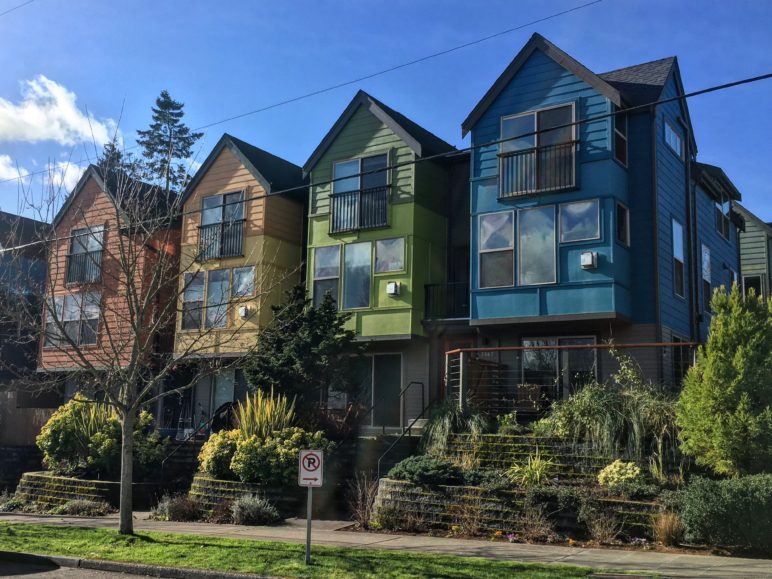
The missing piece in Washington: housing abundance legislation
This year, Washington legislators took big strides on tenant protections, rental assistance, and subsidized housing. Historically, the legislature has also been strong on containing sprawl through the Growth Management Act, which it updated this year to ensure better planning for housing that meets the needs of people of all incomes.
But the one big piece of the housing policy puzzle still missing is concrete state standards to ensure cities share the responsibility for allowing enough homes and legalizing a range of home types. And the thing is, making homes more abundant in existing cities reduces the need for both housing assistance and fights over sprawl.
The kind of zoning bill that should be easiest to pass is one that’s optional and offers an incentive, because it leaves control over reforms in the hands of local governments. However, as we saw in Washington this year, even when such bills neutralize opposition from cities, it’s still no slam dunk.
A zoning reform bill with mandate and incentive, as I’ve proposed, should be easier to pass than a bill that’s a mandate alone. Cities wouldn’t have to swallow just the bitter medicine; they would get some sugar with it.
One thing is clear: passing any kind of substantial housing abundance bill will take a consensus stronger than currently exists among Democrats on the urgency of statewide zoning reform to end our tragedy of the commons for both housing affordability and climate change.
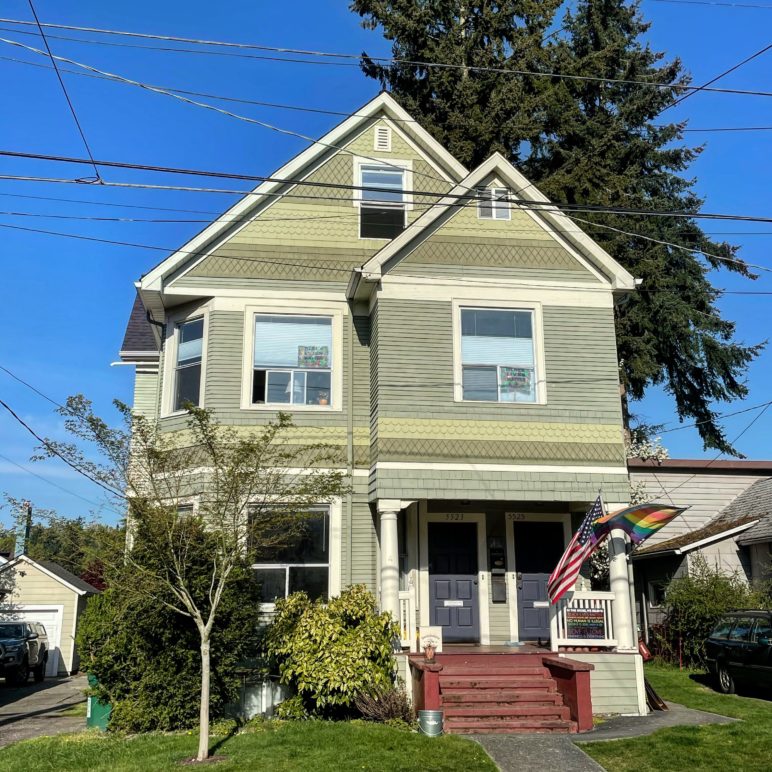
Afterword: There are so many ways a bill can die
Here’s a recap of how each of the three incentive bills progressed through the Washington state legislature and where they stalled. For reference, I described them all in a previous article: “In Washington’s 2021 legislative session, three bills add a new twist to remedies for the state’s critical housing shortage: money cities can invest locally.”
HB 1337 – Accessory dwelling units with grants
This bill, sponsored by Rep. Mia Gregerson (D-Seatac), proposed to grant local governments $10,000 for every ADU created as a result of the state-approved rule changes they adopt (more details here). Public input was overwhelmingly positive (see here, here, and here) at two hearings in the House Local Government Committee. Most importantly, cities and their lobbyists—including the powerful Association of Washington Cities (AWC)—supported the bill, a total about-face from the prior two sessions when they opposed ADU reform bills. Nevertheless, the committee declined to take a vote, killing the bill and offering no explanation.
SB 5269 – Middle housing with property tax lid exemption
This bill, sponsored by Sen. Mona Das (D-Kent), proposed to allow cities and counties to exceed the state’s one percent cap on annual property tax revenue increases if they opted to legalize middle housing types such as fourplexes and townhouses. It was doomed by the perception that it was a “tax bill.” Remarkably, anti-tax sentiment was enough to turn the Building Industry Association of Washington—the high-powered statewide lobbyist organization for homebuilders—against the bill. Otherwise, the bill had solid support and passed out the Senate Housing and Local Government Committee. But then it died, never reaching the Senate floor.
HB 1157 – Middle housing with real estate excise tax rebate
This bill, sponsored by Rep. Jessica Bateman (D-Olympia), proposed to offer local governments a partial rebate of the real estate excise tax (REET) if they opted to legalize middle housing. The rebate would only apply to sales of homes legalized to meet the bill’s requirements. Public input was mostly positive in the House Local Government Committee, which passed it, a surprising move given its history of rejecting zoning reform bills (see HB 1337 above, for example). To get the bill through the Finance Committee, legislators amended in provisions requiring anti-displacement planning and specifying how cities could spend the rebate, including on affordable housing. After passing 93 – 6 on the House floor, the bill was heard in the Senate Ways and Means Committee, with strong public support. But there it died, never getting a vote.
